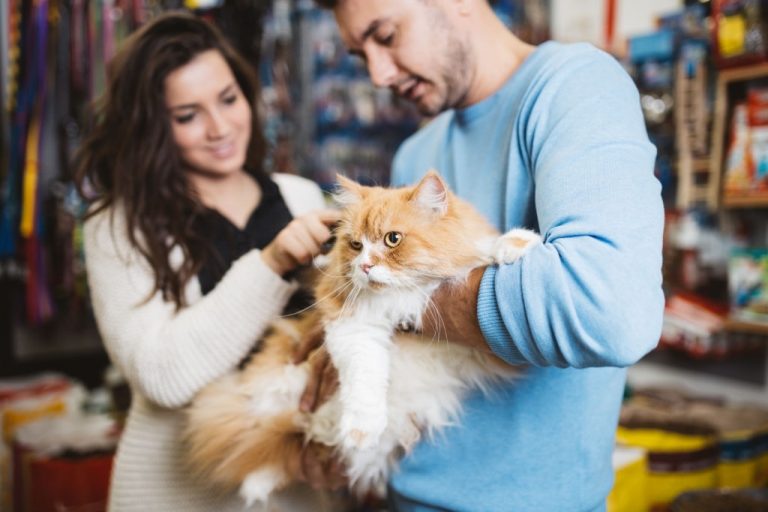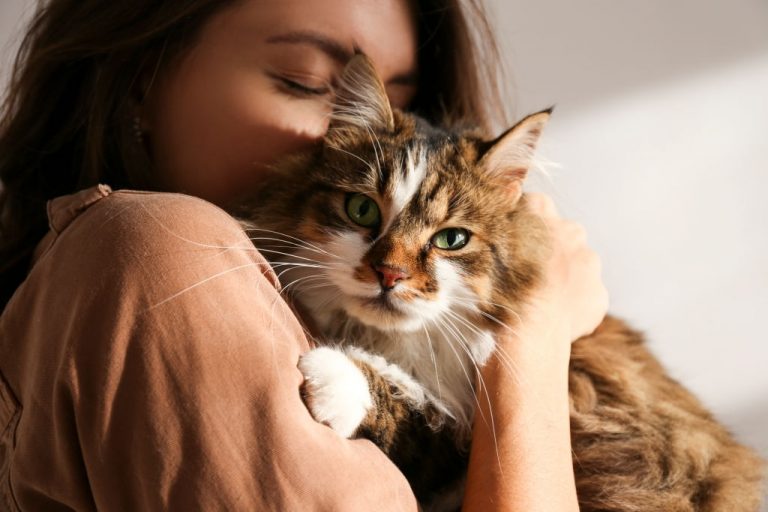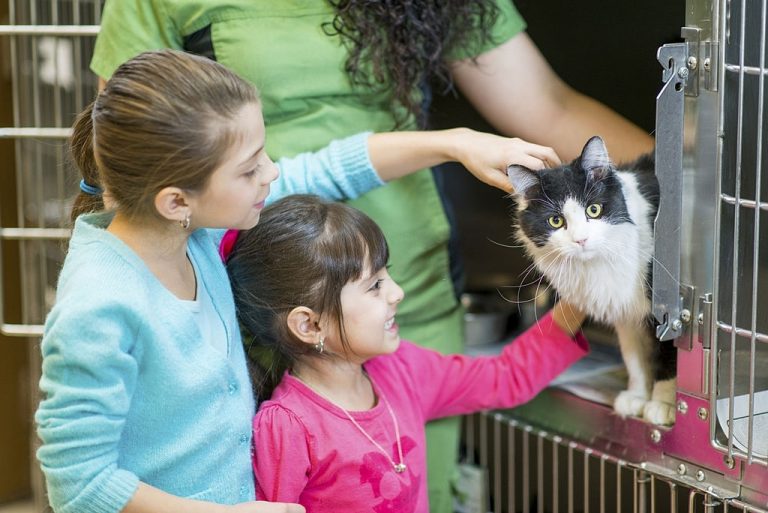Taking care of kittens aged 0 days up to 4 weeks old, is called neonatal care and is the hardest part of caregiving routine. Nature has a process of mothers taking care of newborns, but with orphaned kittens, humans have to share the responsibility.
Bedding & Heating
Warming the kitten up is essential as newborn kittens cannot control their body temperatures and chills can be life0threatening for them.
Craft a soft bedding with a heating pad covered with a blanket. Ensure some space for kittens to step away. Keep them away from water to prevent chills. Only clean with a damp washcloth and immediately dry with towel or hair dryer on low.
Feeding
Kitten formula is easily available. Warm the KMR lightly, and use kitten bottles, with elongated nipples and punch your own holes in them with a sterilized pin so it drips out easily. Adjust the holes with every kittens needs.
Hold or place kittens on their stomachs and tilt the bottle so less air gets in. Do not feed kittens on their backs.
Cleaning
Always sterilize feeding bottles, nipples and wash hands. Kitten formula is super sticky, so use a warm damp washcloth to clean kittens after feeding. Dry them if necessary.
Burping
Kittens on formula need burping. Slide them over your shoulder or put them on their stomachs and gently pat until you hear them burp it out.
Excretion
Newborns need help to excrete, after every feeding. A warm, moist cotton ball, or cloth rubbed gently around anal area will stimulate urination & excretion. If your little ones have trouble defecating, check with a veterinarian.
Litter training can begin at 4 weeks, with a small, shallow litter pan with non-clumping litter.
Health Check
Kittens can easily get fleas or diarrhea or even upper respiratory infections causing a tallow discharge or difficulty breathing/eating. In such cases, immediately see a vet and follow their advice.



